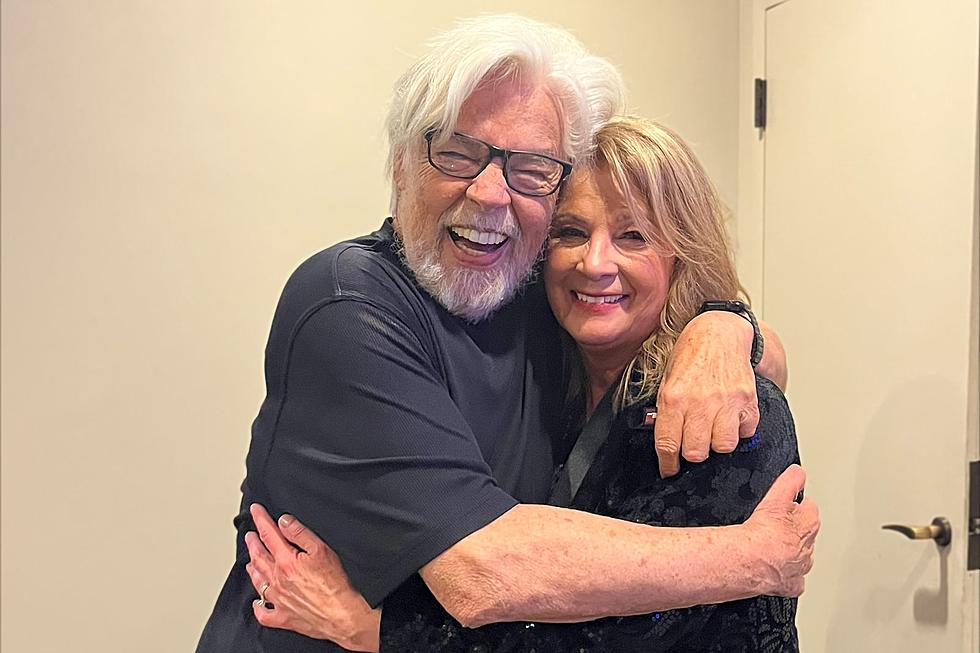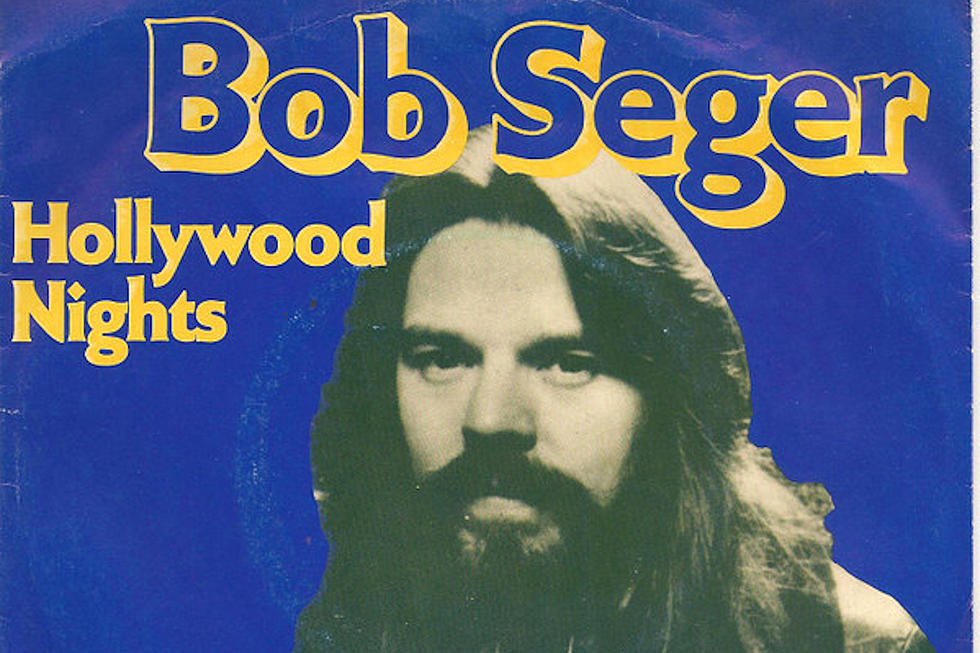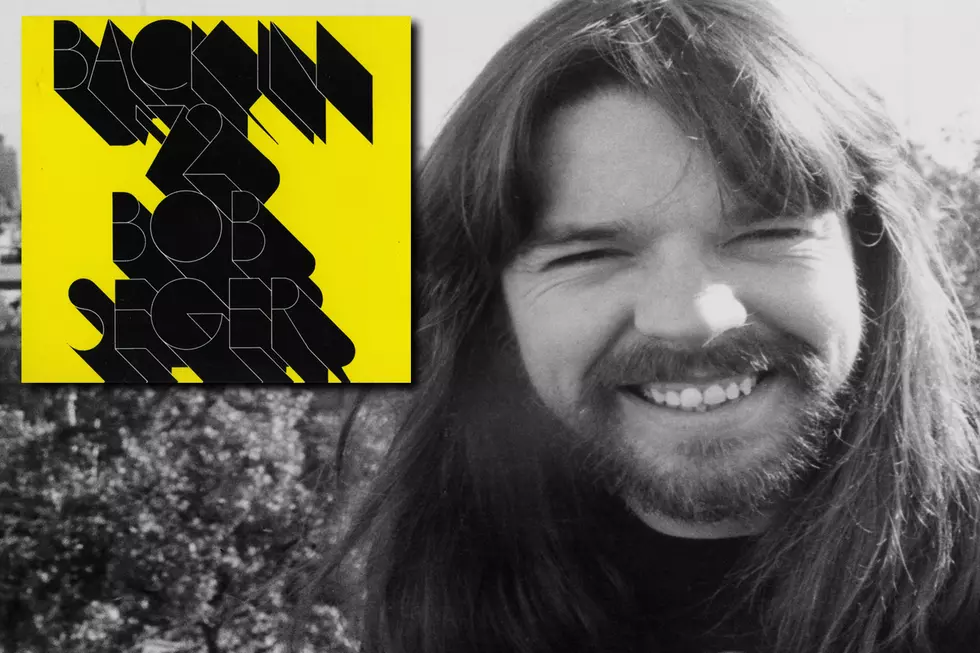
George Jackson, Co-Writer of ‘Old Time Rock and Roll,’ Dies at 68
George Jackson, who wrote countless rock and soul songs, died on Sunday morning (April 14) at his home in Ridgeland, Miss. after a year-long bout with cancer. He was 68. Jackson is best known as the co-writer of Bob Seger's classic 'Old Time Rock and Roll.'
A native of Mississippi, Jackson made his name in Memphis in the '60s before moving to Muscle Shoals, Ala. to write for Rick Hall's FAME Studios. In 1972, moved to the Muscle Shoals Sound Studios, which was founded by Hall's former rhythm section, who were called "The Swampers.'
Although Jackson is listed as the as the co-writer, along with Thomas E. Jones III, of 'Old Time Rock and Roll,' the song's credits are not without controversy. Seger was given a tape of 'Old Time Rock and Roll' when he recorded his 1978 album 'Stranger in Town' at Muscle Shoals Sound Studio. Seger has said that he re-wrote the verses and kept the chorus. He didn't asked for credit, thinking it was a throwaway track.
As it turned out, the song had two lives on the Billboard Hot 100 chart, when it was first released in 1979 (No. 28) and again four years later after its use in a famous scene in the movie 'Risky Business,' when it reached No. 48. Still, Wolf Stephenson, the vice president of his label, Malaco, told the AP that he has the original tapes to disprove Seger's claim.
In addition to Seger, Jackson had hits with soul greats like Clarence Carter ('Too Weak to Fight'), Wilson Pickett ('A Man and a Half') and Ike and Tina Turner. His only other major appearance on the pop charts was as the writer of 'One Bad Apple,' which the Osmonds took to No. 1 in 1971.
Although known as a songwriter, he intermittently recorded his own songs. His FAME singles were reissued on two import CDs, 'Don't Count Me Out' in 2011 and 'Let the Best Man Win' a year later. His recordings for other labels have often been used in in compilations.
"George had hooks coming out of his ears," Stephenson said. "They weren't all hits, but I never heard him write a bad song. He never really got the recognition that's normally due a writer of his stature."
More From Ultimate Classic Rock









